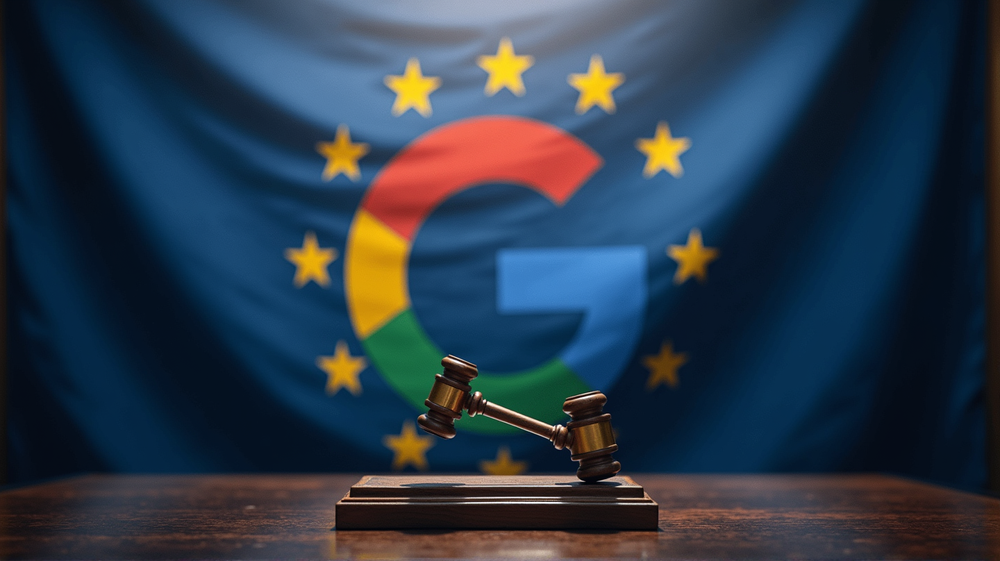In the digital age, where tech giants wield unprecedented power, a storm is brewing in Europe. The Independent Publishers Alliance, backed by two formidable advocacy groups — Movement for an Open Web and Foxglove Legal Community Interest Company — has launched an antitrust tirade against Google’s AI Overview, claiming it threatens the very essence of independent journalism.
The Allegations Unfurled
A Cry for Fair Competition: The crux of the complaint rests on the accusation that Google’s AI-generated summaries eclipse original content from independent publishers. By appearing atop search results, these summaries divert traffic away from original sources, allegedly suppressing smaller publishers’ reach and revenue. “AI Overviews are theft,” lambasts Tim Cowen, co-founder of Movement for an Open Web. “They appropriate publishers’ content, stifling traffic before it reaches the original site.”
A Battle for Autonomy
Content and Control: At the heart of this dispute is the contention over control. Publishers find themselves in a dilemma, forced to allow Google to utilize their content for training its AI, lest they risk losing visibility in Google’s all-important search results. As Rosa Curling, co-executive director at Foxglove, passionately argues, “Independent news faces an existential threat: Google’s AI Overviews.”
Google’s Defense
A Denial of Allegation: Google stands its ground, refuting claims that AI Overviews undercut viewership. A spokesperson conveys to Reuters, “These AI tools foster inquiries and thus create pathways for content discovery, rather than stifling it.” Google’s previous brushes with similar allegations in the U.S. have only intensified global scrutiny over its practices.
The Implications of Power
This case echoes a larger narrative about the role of tech behemoths in shaping information distribution. For the European Commission, the complaint sets the stage for a pivotal decision that could redefine digital landscapes, not just in Europe, but globally. According to Broadband Breakfast, these proceedings may set a precedent for how AI and original journalism co-exist.
With stakes this high, the world watches as regulatory bodies weigh the delicate balance between technological innovation and fair competition. As independent publishers hold their breaths, the question remains: will the EU tip the scales in favor of David or Goliath?













